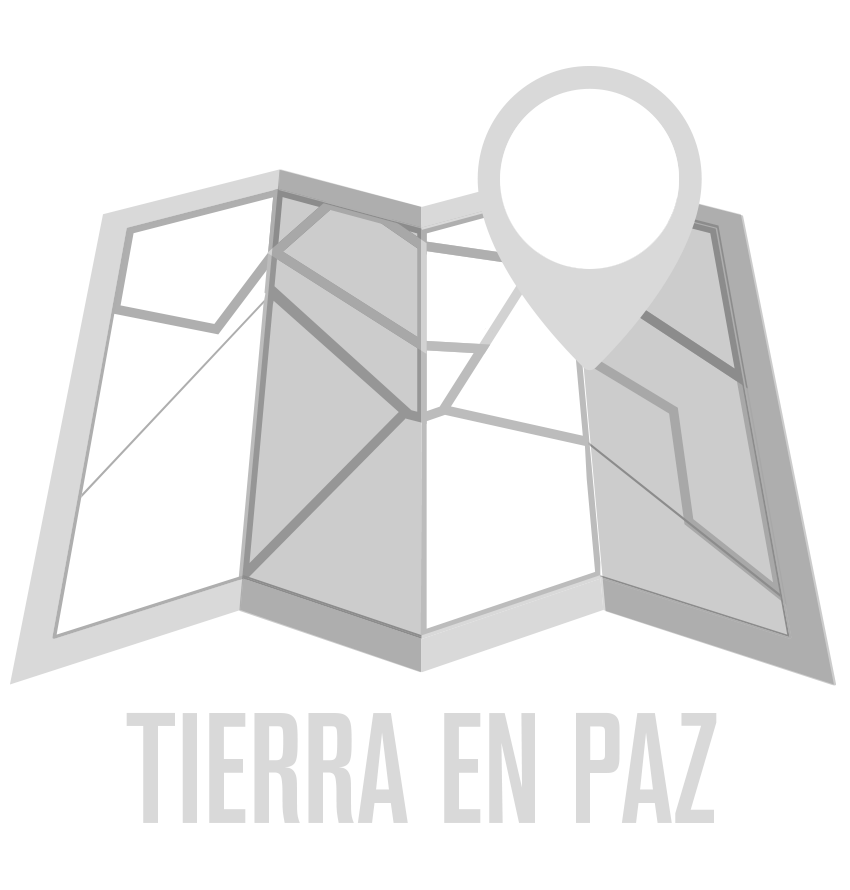Land in peace's experience at the symposium on land administration with a look at social reality
On October 11 and 12, the International Symposium on Land Administration "Land Administration with a look at the social reality in Colombia and Latin America" was held in Bogota.
The event, organized by the District University Francisco José de Caldas, the ITC Faculty of the University of Twente and the Dutch organization for internationalization in education (NUFFIC) in the framework of the Land for Peace project, seeks to discuss the advances in land administration related to the consolidation of processes, technologies, concepts at national and international level.
Among the purposes of the Symposium is to promote a research network in a comprehensive land administration system that is timely, efficient and inclusive to ensure the proper implementation of public policies.
The event featured panelists from the Netherlands and national and international guests. This event aimed to generate a platform for the exchange of experiences on the subject of land management in Latin America, and the implementation of the multipurpose cadaster in Colombia, among others. Ambassador Ernst Noorman was present at the event's opening, along with the Rector of the District University Giovanny Tarazona.
Topics such as advances in land administration with a social approach and the consolidation of processes, technologies and concepts to meet Sustainable Development Goals were addressed in the panels and conferences.
Mathilde Molendijk, Kadaster's regional manager for Latin America and the Caribbean; Jaap Zevenbergen, director of the Land for Peace project of the ITC of the University of Twente, and Ernst Noorman, ambassador of the Netherlands in Colombia were present at the event.
For Ambassador Noorman, "the issue of land, central pillar of the Peace Agreement, is key to the much-awaited Integral Rural Reform in Colombia." And it's one of the areas in which the Netherlands has collaborated, with institutions such as Kadaster and the ITC of Twente University. “In this sense, the collaboration between Dutch and Colombian universities is a way of fostering innovation and generating new techniques and concepts to accelerate the implementation of the reform points.”

